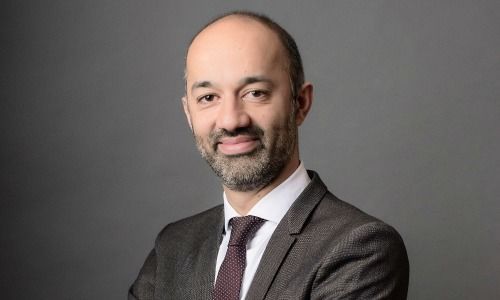Omar Shokur: «You Must Have a Plan B and Sometimes a Plan C»
Omar Shokur, Asia chief executive of Indosuez Wealth Management, shares some of the private banking lessons learned while leading the over 300-strong wealth unit through a health crisis, in a conversation with finews.asia.
Several months into the job after relocating from Switzerland to Singapore, Shokur found himself leading a private bank in the depths of a coronavirus pandemic. This has, in turn, provided him with ample takeaways, albeit in rapid-fire fashion given the uncertain backdrop of rising geopolitical tensions and volatile markets.
In addition to, first and foremost, «a strong and committed team that you can trust and work together with from distance,» he underlined the importance of contingency planning.
«[Y]ou must have a plan B and, sometimes, even a plan C,» Shokur said to finews.asia. «And you can’t just do this overnight. You can’t just buy 1,000 laptops and try to roll them out in two days.»
«Plan C»
Given its high-touch nature, the private banking business is not a good natural fit for working conditions that minimize or eliminate human contact. From the separation of teams between buildings to work-from-home measures, appropriate staff allocation is all the more critical to prevent material impact to not only to productivity but to the quality of client services which could risk business loss or, even worse, a closed account.
Pragmatic economics aside, Shokur also highlighted the need to maintain staff morale and resolve.
«The unexpected will continue to occur but [contingency planning] is critical to reduce risk and boost the confidence of staff and, also very importantly, of yourself,» he said.
Wealth Goes Digital
Despite historical tendencies for face-to-face meetings, private banking clients did not turn silent during the pandemic, especially given the myriad of concerns they had not only for markets and the economy but also, given the region’s strong base of entrepreneurs, their own businesses. Many also faced travel bans and restrictions as they often bank and reside in a different locations.
«In the past […] if you wanted to share your view on macro [topics] or on markets, you basically had two ways: set up a large client event or distribute research documents and have bankers follow-up,» Shokur explained.
- Page 1 of 2
- Next >>



























